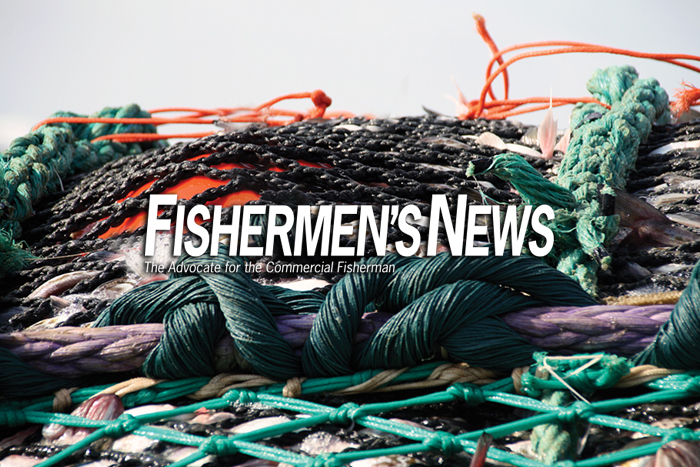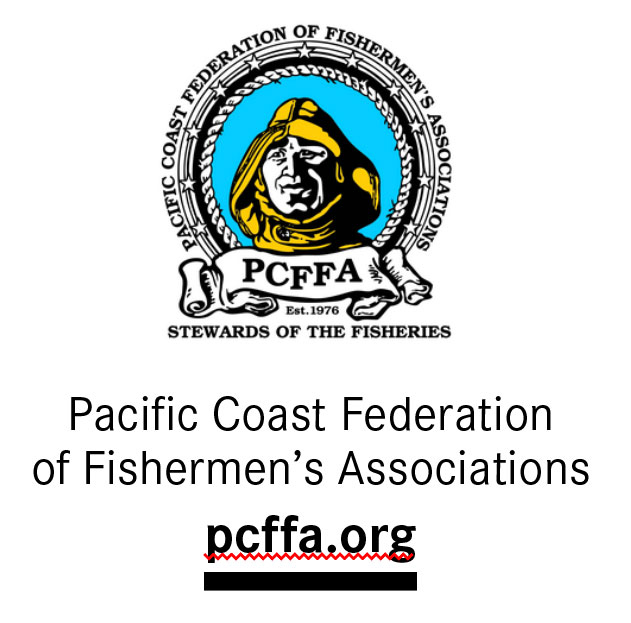Why Healthy Fish Habitats Are Crucial to Our Fisheries
Part 2 of 2: This year, due to yet another year of forecasted low ocean salmon abundances, California commercial salmon harvesters have roughly 85 less days on the water (184 vs. 286 days) compared to 2020, and less in 2020 than in most previous years. This steady reduction in opportunity is intended to ensure that escapement goals for Sacramento River Chinook runs are met.
The California portion of the Klamath Management Zone (CA/OR border to Fort Bragg) is also closed completely to commercial harvesters for the second year in a row, due to low fall Chinook returns forecasted for the Klamath River. All across the board, fishing opportunities have been steadily declining – but not as a result of fishing pressures or the need to prevent overfishing. Rather, fishery declines – particular...


